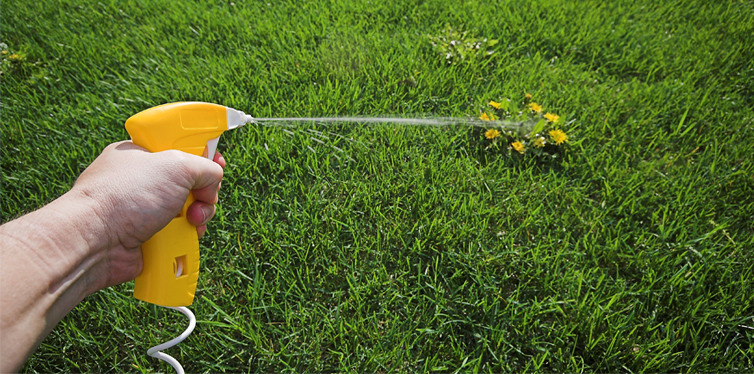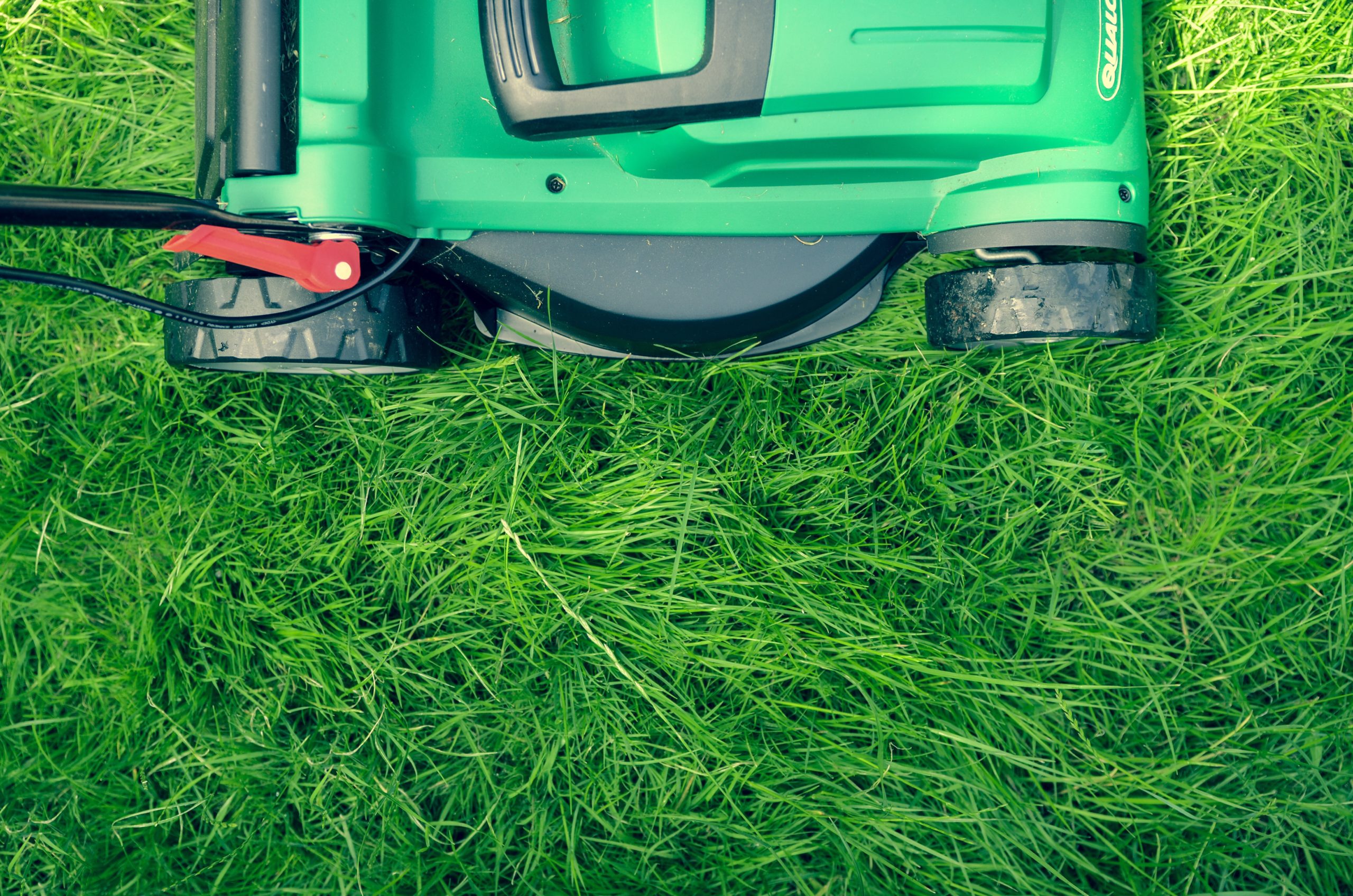One’s joy knows no bounds on seeing their garden filled with perfect-looking vegetables and flowers. Unfortunately, this happiness will last only until ferocious pests start using your garden as a salad bar. But before you opt for pesticides and chemicals, think twice. A chemical-infested garden is not something to be proud of.
Go For Greenery
The problem is that most of us don’t consider using non-chemical or organic methods of pest control. Just think about it. You have natural and less expensive options. All the ingredients needed to make organic pesticides are right there in your kitchen. You need to simply mix the ingredients together, and your arsenal is ready.
While natural methods can produce long term results, they can take some time to work. If pests completely have overrun your garden, it is better contact professional pest control service before opting to use chemicals yourself.


Signs Of Garden Pests
1) Immediate Death Of Seedlings
Sometimes you may see a batch of seedlings uprooted and lying on their sides. The culprits – cutworms hide during daylight, and when night falls, they chew through young seedlings.
2) Mottled or Deformed Leaves
Sometimes gardeners come across deformed leaves with mottling. Thinking that fungicide is the best solution, they end up wasting their time. Sometimes this can be caused by a virus like tobacco mosaic, and spraying will not be an effective option.
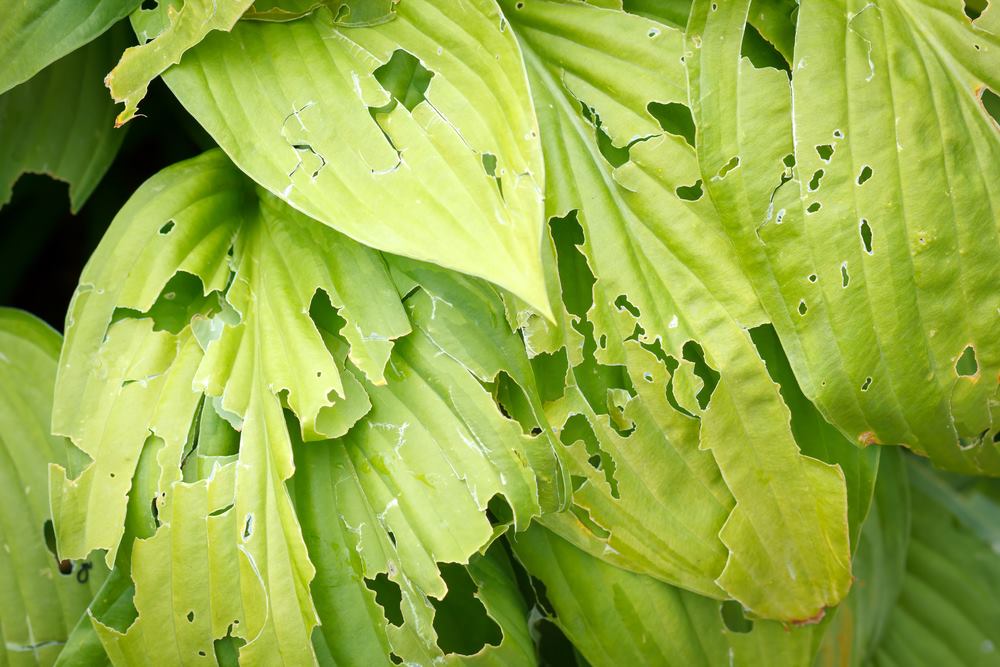

3) Leaking Of Tree Sap
Advertisement
Borers can affect the trees in your garden. Before you can stop them from creating havoc, you end up seeing the complete defoliation of your trees. These insects and pests can girdle the trunk of young flowering trees and are the major destroyers of plum and peach trees.
4) Presences Of White Spots On Leaves
Spider mites and white flies are tiny insects which you might miss in the early stages of infestation. Did you know that a single mite is the size of a period that ends a sentence? You can find them by examining the foliage closely using a magnifying glass, especially during dusty or drought conditions.
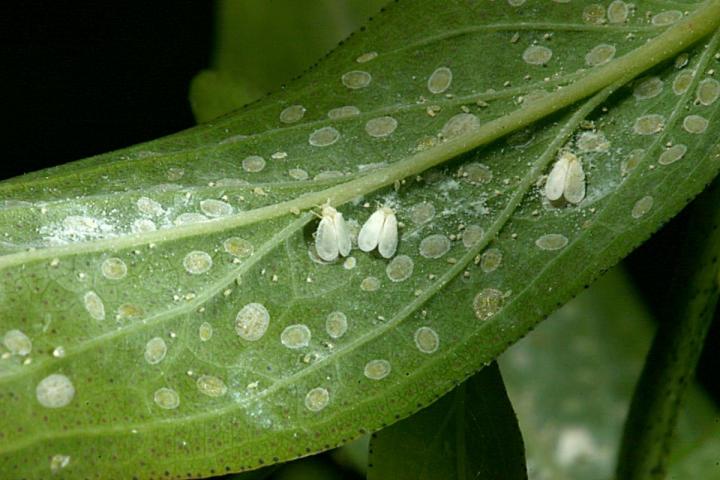

Preventive Measures For Pest
Did you know that clean soil can easily deter garden pests? So, the first step in pest control is to take care of the soil. This takes a long time so the preparations must begin a year in advance.
Get pest and disease resistant seeds from a well-known dealer. These are readily available, and you can look online for the best quality ones.
Inspect and weed out thin and weak plants. This is necessary as weak seedlings are the first ones to catch diseases. They will then pass it on to other healthy plants. So, try to make sure you prune dead shoots and branches which can block the flow of air.
Water plants early in the morning every day. Plants require water for photosynthesis, which occurs during the day. Furthermore, if you water plants in the evening or afternoon, the leaves will stay damp. This is an ideal condition for fungus and other diseases to thrive.
Utilize beneficial insects like ladybugs, spiders, and others. These kill destructive insects and maintain balance in the ecosystem. You can easily purchase beneficial insects from horticultural supply stores, or create an environment that attracts such insects by planting neem, tomatoes, and other attractive flowering plants.
Another way of controlling pests is crop rotation. By growing the same crops each year, you are giving specific garden pests a natural habitat. By rotating crops, you can also avoid the depletion of valid nutrients.
Advertisement
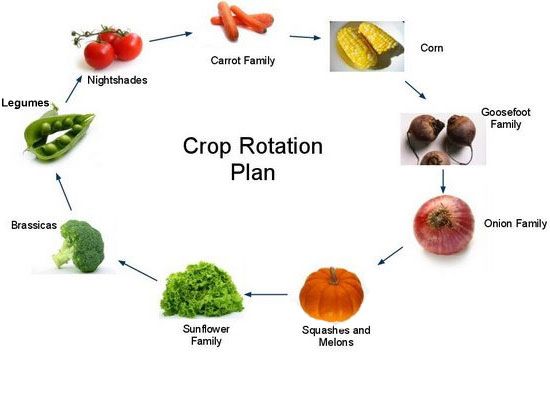

Winding Up
Nowadays, people prefer organic pest control measures as they are economical and safe. Before opting for harmful, chemical pesticides, keep in mind that you are not only endangering your health but also creating an imbalance in nature by reducing the population of beneficial insects.


